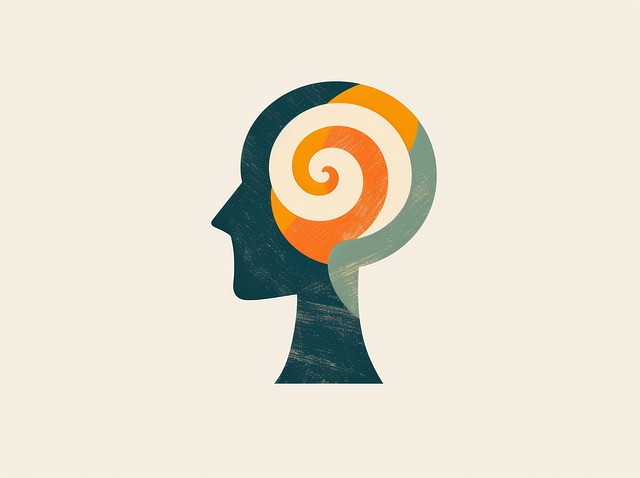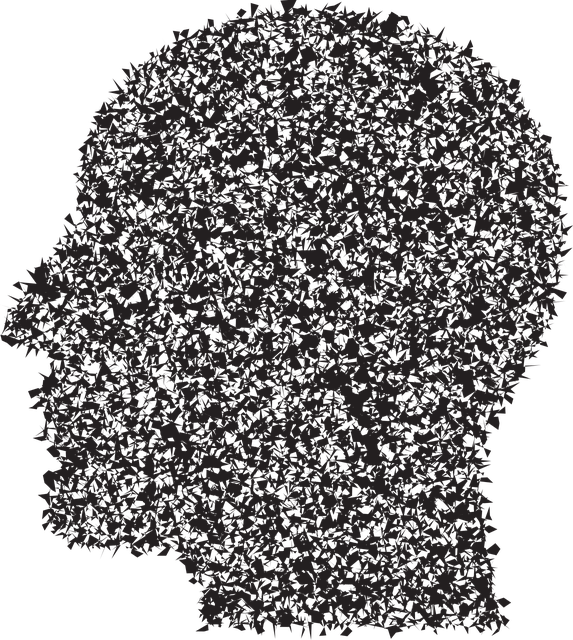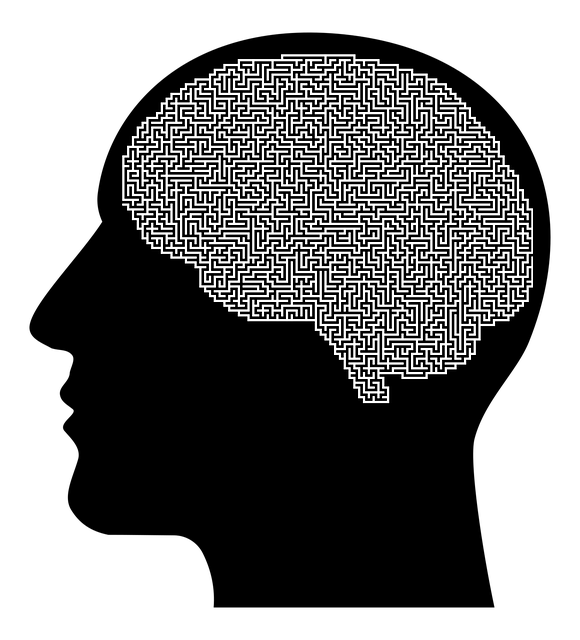Adolescent mental health is a pressing issue requiring targeted interventions and support systems due to teens' unique developmental challenges. Integrating evidence-based therapy, such as cognitive-behavioral therapy (CBT) and psychological testing, equips them with coping skills, stress management techniques, and compassion cultivation practices for resilience. Educational programs that incorporate psychological testing can provide personalized interventions for emotional and cognitive struggles. Tailored therapy sessions, considering teens' developmental stage and cultural sensitivity, create safe spaces for open dialogue. A holistic curriculum focusing on active participation, peer support, and coping skill development empowers them to manage stress and anxiety. Continuous improvement is measured through quantitative and qualitative assessments, tracking emotional well-being and social skills post-program.
Mental health issues among adolescents are on the rise, underscoring the urgent need for comprehensive education programs. This article delves into the critical components of designing effective mental health support systems in educational settings. From understanding the unique challenges faced by teen minds to integrating psychological testing and creating supportive environments, each section offers insights into fostering resilience and well-being. Discover best practices for therapy sessions tailored to adolescents and learn how continuous improvement measures can ensure the success of these vital programs, with a focus on enhancing mental health outcomes for young people through evidence-based approaches, including psychological testing.
- Understanding Adolescent Mental Health Needs and Challenges
- Integrating Psychological Testing into Education Programs
- Designing Effective Therapy Sessions for Teens
- Creating a Supportive Learning Environment
- Measuring Success and Continuous Improvement
Understanding Adolescent Mental Health Needs and Challenges

Adolescent mental health is a critical area that requires tailored interventions and support systems. Teens often face unique challenges that can significantly impact their overall well-being. This period of life is characterized by rapid cognitive, emotional, and social development, which can lead to heightened vulnerability. Many adolescents struggle with issues such as anxiety, depression, and self-harming behaviors, often stemming from peer pressure, academic expectations, or familial dynamics. Understanding these complex needs is imperative for designing effective programs.
The integration of therapy, particularly cognitive-behavioral therapy (CBT) and psychological testing, can provide valuable insights into adolescent mental health. These evidence-based practices help identify triggers and develop coping skills, including stress management techniques and compassion cultivation practices. By empowering teens with tools to navigate their emotions and challenges, programs can foster resilience and promote a healthier transition into adulthood.
Integrating Psychological Testing into Education Programs

Integrating psychological testing into education programs is a strategic step towards fostering mental wellness among adolescent teens. These assessments provide valuable insights into an individual’s emotional and cognitive state, enabling tailored interventions for those struggling with mood management or coping skills development. By incorporating results from reliable tests, educators can design targeted therapy sessions that address specific needs within the classroom.
For example, psychological testing might reveal underlying anxiety or depression in teens, prompting teachers to adapt their teaching methods and offer additional support. This personalized approach ensures that students receive not just academic education but also therapy for adolescent teens, promoting overall mental health and well-being. Such integration empowers educators to play a pivotal role in nurturing young minds, guiding them towards healthier ways of managing emotions and coping with life’s challenges.
Designing Effective Therapy Sessions for Teens

Designing therapy sessions tailored for adolescent teens requires a nuanced approach that addresses their unique developmental stage and psychological needs. Each session should create a safe, non-judgmental space encouraging open dialogue and fostering trust between therapist and client. Incorporating age-appropriate techniques like art therapy or group discussions can make these sessions engaging and effective. Additionally, integrating resilience-building activities helps teens develop coping strategies to manage stress, anxiety, and other mental health challenges they may face.
Cultural sensitivity in mental healthcare practice is paramount when designing such programs. Recognizing and respecting diverse backgrounds, beliefs, and experiences ensures that therapy resonates with every teen, regardless of their identity. This involves training therapists to be mindful of cultural norms, language barriers, and family dynamics that might influence a teenager’s mental health. Moreover, public awareness campaigns development can complement these sessions by educating peers, families, and communities about adolescent mental health issues, breaking down stigma and promoting early intervention.
Creating a Supportive Learning Environment

Creating a supportive learning environment is paramount when designing mental health education programs for adolescent teens. This involves fostering an atmosphere where students feel safe to express their feelings and concerns openly, without fear of judgment or stigma. Incorporating therapy techniques such as cognitive-behavioral therapy (CBT) and psychological testing can help identify and address individual needs effectively. A compassionate approach, encouraging the development of coping skills and self-care practices, can significantly enhance the overall mental well-being of teens.
The learning space should also promote active participation and peer support, allowing adolescents to learn from one another’s experiences. Compassion cultivation practices and self-care initiatives can be woven into the curriculum, teaching teens valuable strategies for managing stress, anxiety, and other common mental health challenges. By nurturing a supportive environment, these programs aim to not only educate but also empower young individuals with the tools needed to thrive both academically and emotionally.
Measuring Success and Continuous Improvement

Measuring success and implementing continuous improvement are vital components of a robust mental health education program. The effectiveness of such programs can be gauged through various methods, including psychological testing and assessment tools designed to evaluate adolescents’ emotional well-being, cognitive functions, and social skills. By comparing pre- and post-program assessments, educators can identify significant improvements in areas like conflict resolution techniques, social skills training, and burnout prevention, which are critical aspects of adolescent development.
Regular feedback from participants and their families is equally important. This qualitative data provides insights into the program’s impact on teens’ daily lives and overall mental health. Incorporating these feedback mechanisms allows for iterative improvements, ensuring that the program remains relevant and effective in addressing the evolving needs of adolescent teens seeking therapy.
Mental health education programs must be holistically designed to cater to the unique needs of adolescent teens. By integrating psychological testing, creating supportive learning environments, and implementing effective therapy sessions, educators can foster a healthier mindset among students. Continuous improvement through measuring success is key to ensuring these programs remain impactful and relevant in addressing the growing challenges faced by today’s youth. Psychological testing plays a vital role in identifying individual needs, while well-structured therapy sessions enable teens to develop coping strategies for their mental health concerns. Ultimately, a comprehensive approach that incorporates all these elements will revolutionize adolescent mental health support within educational settings.














